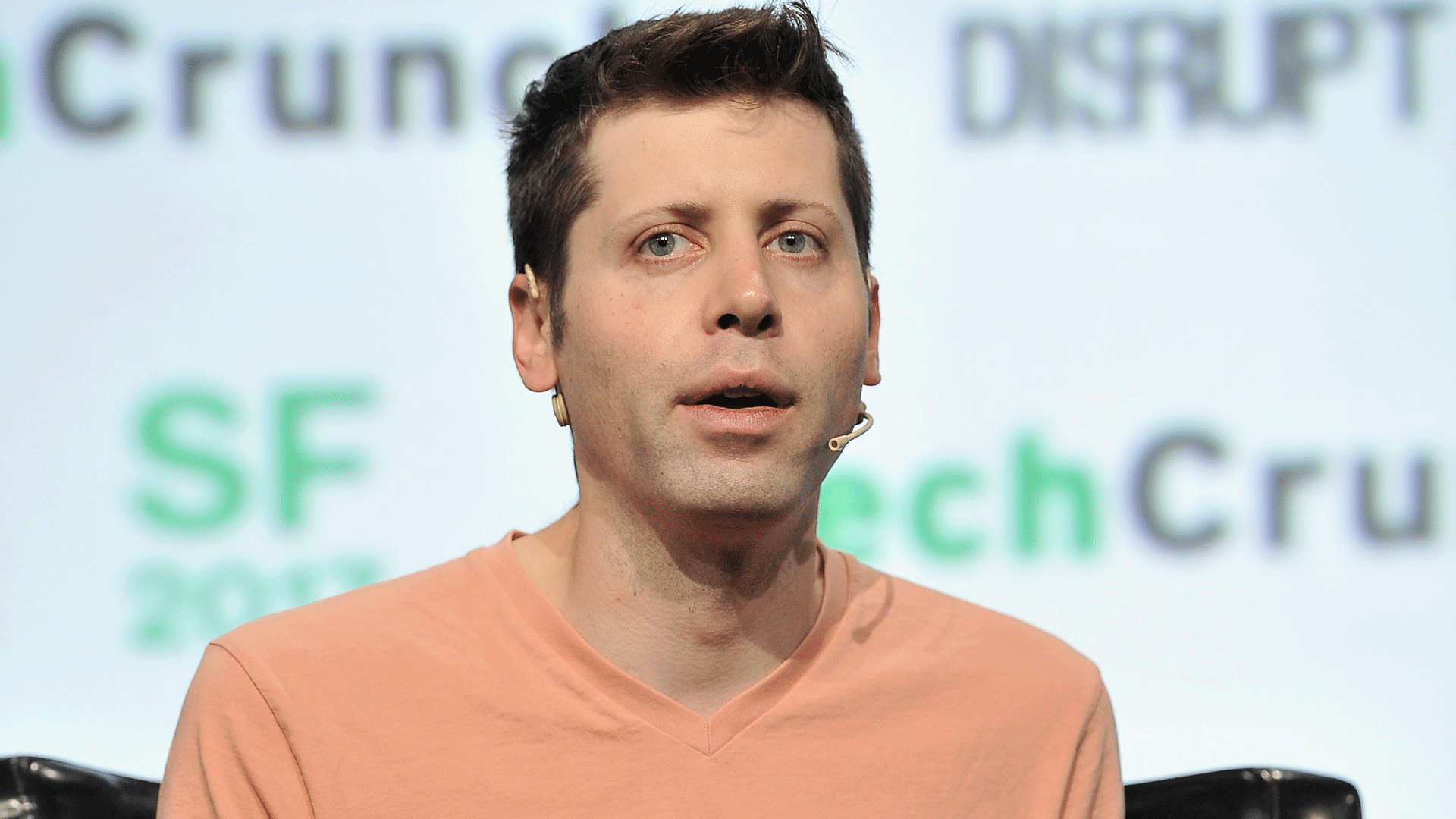The core argument remains static. Universal basic income is never completely universal, it’s far from simple and, at present, it doesn’t really offer sustained or sustainable income.
But I still support the idea of it and of trying to find a way to make it work. This is hardly a unique position. The overarching plan is straightforward – if you provide everybody in society with a certain amount of income, the corrosive impact of entrenched poverty, the fears and the lack of opportunities that are carried through when the only concern is the howling lack of money, are blown away.
And this isn’t about an opposing view to the core ethos of Big Issue. The idea of giving all of society a base level of income does signal a hand out rather than a hand up. But it would provide a very different sort of hand up that then allows futures to be built with real agency.
Get the latest news and insight into how the Big Issue magazine is made by signing up for the Inside Big Issue newsletter
The other aspect is one that goes beyond poverty, and that is the shifting nature of work. At the turn of the year the IMF warned that up to 40% of jobs globally would be impacted by AI and that this will increase inequality. It doesn’t mean that all those jobs will be lost to either automation or machine intelligence, but a huge number will.
So, the wider and more radical question then arises of how people will find a way to make an income. Tied to this is also a question of where income taxes will be raised from.






